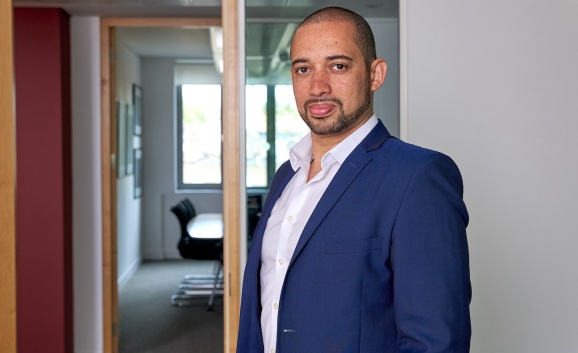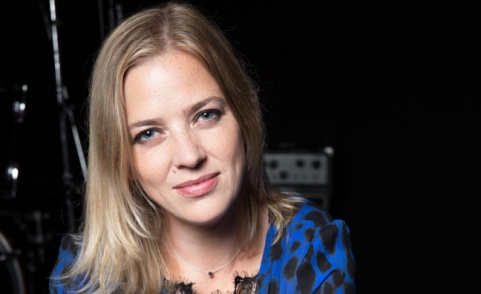opinion
How the BPI action against Jammable highlights the conflict between rights-holders and generative AI
The UK’s recorded music trade association, the BPI, has publicly threatened legal action over AI voice cloning technology Jammable, previously known as Voicify (the company did not respond to a request for comment from Music Week). It comes as the ...












